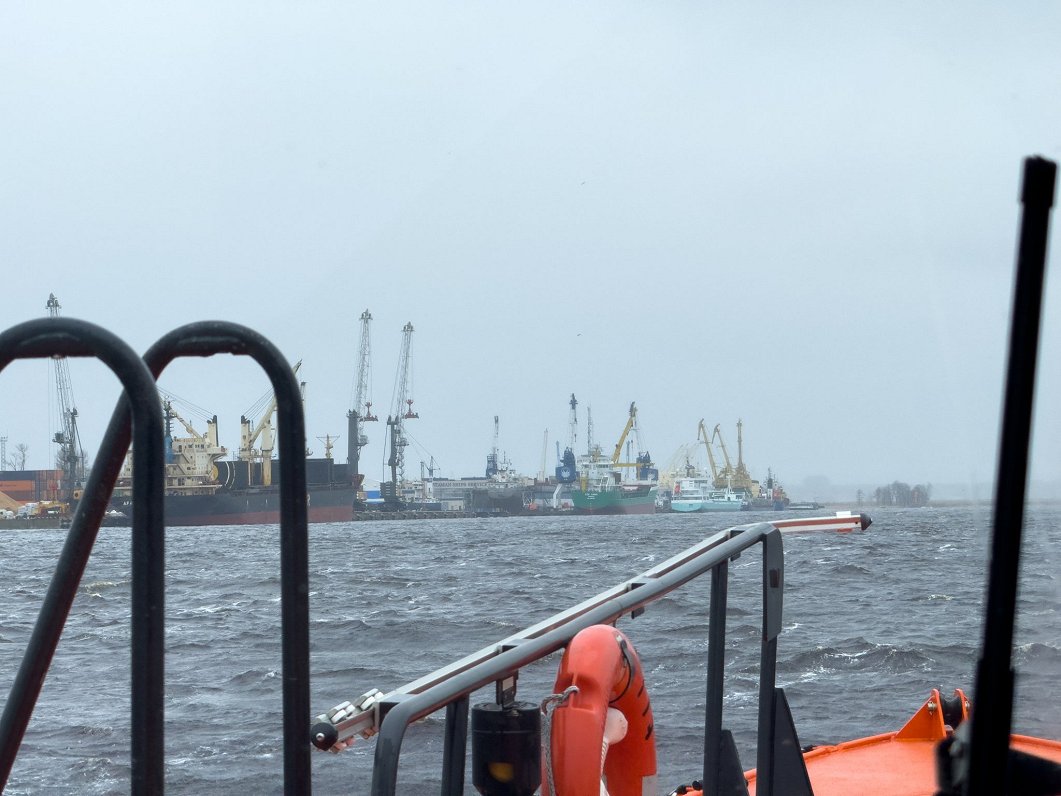The Fund was established in 1994 on the basis of the Ports Law. The current objective of the Fund is to manage financial resources in order to ensure the interests of the State in the development of ports and to enhance the prestige of Latvian ports. The Fund has four tasks: 1) implementation of common port projects; 2) maintenance of state property in small ports; 3) promotion and advertising of ports; 4) operation of the Latvian Council for Ports, Transit and Logistics.
However, only two tasks are actually financed from the Fund. The Fund does not finance the implementation of common port projects and does not carry out maintenance of public property in small ports.
The existing legal framework is incomplete, and therefore the legal status of the Fund cannot be clearly defined. This lack of clarity makes it difficult to ensure the legality and transparency of the Fund’s activities and to carry out effective monitoring, the auditors’ report says.
“Latvia’s ports are currently facing serious challenges, so it is particularly important to ensure that their resources are used efficiently and purposefully. Unfortunately, our audit found that the Port Development Fund is not clearly integrated into national port development planning, lacks concrete deliverables and has been used uneconomically and even illegally. The State Audit Office will refer these discrepancies and violations of legal norms to law enforcement authorities.
“In its current status, with its current competences and performance, the Fund has no rational and meaningful basis for existence. If the Fund is to continue to exist, it must undergo a major reorganisation – a clear legal status, improved governance and effective financial control,” said Gatis Litvins, Member of the Council of the State Audit Office.
The audit found that from 2019 to 2023:
at least 97,644 euros were paid to employees of the Council Secretariat for collecting and analysing information for the preparation of information reports for the Council, which, contrary to the regulatory act, were not actually prepared as final documents;
at least EUR 40,057 were spent on promotional activities, including travel and representation expenses (gifts, gift cards, food baskets, including alcohol, lunches and dinners in restaurants, etc.) on which no decisions had been taken by the Advertising Committee set up by the Council;
at least EUR 23,562 were spent on expenses for which there was no legal basis and which had no connection with the purpose and objectives of the Fund (individual English language training, use of motor vehicles and purchase of fixed assets for the execution of contracts with companies);
no supporting documents were provided for the expenditure of EUR 507, and this amount was unlawfully recognised as expenditure of the Fund.
“This is a consequence of the weaknesses in the legal framework of the Fund and the lack of supervision over the use of funds. The main responsibility for this situation lies with the Ministry of Transport, which is responsible for the regulation of the sector and the involvement of its staff in the secretariat of the Council,” Litvins said.
Following the audit, the State Audit Office made a recommendation – to find another, more cost-effective, way of implementing the state interests in port development, which could be implemented within the framework of the state budget. By implementing the recommendation, the Ministry of Transport will ensure the functioning of the Council (secretariat function and logistical support) within its own resources, while the port authorities will be relieved from financing this function, reducing the risks of overlapping competences and double financing.
The Ministry of Transport will assess the activities of the Port Development Fund, the Ministry said later on Wednesday. The Ministry has welcomed the auditors’ report and the recommendations made.
Select text and press Ctrl+Enter to send a suggested correction to the editor
Select text and press Report a mistake to send a suggested correction to the editor
Tell us about a mistake
